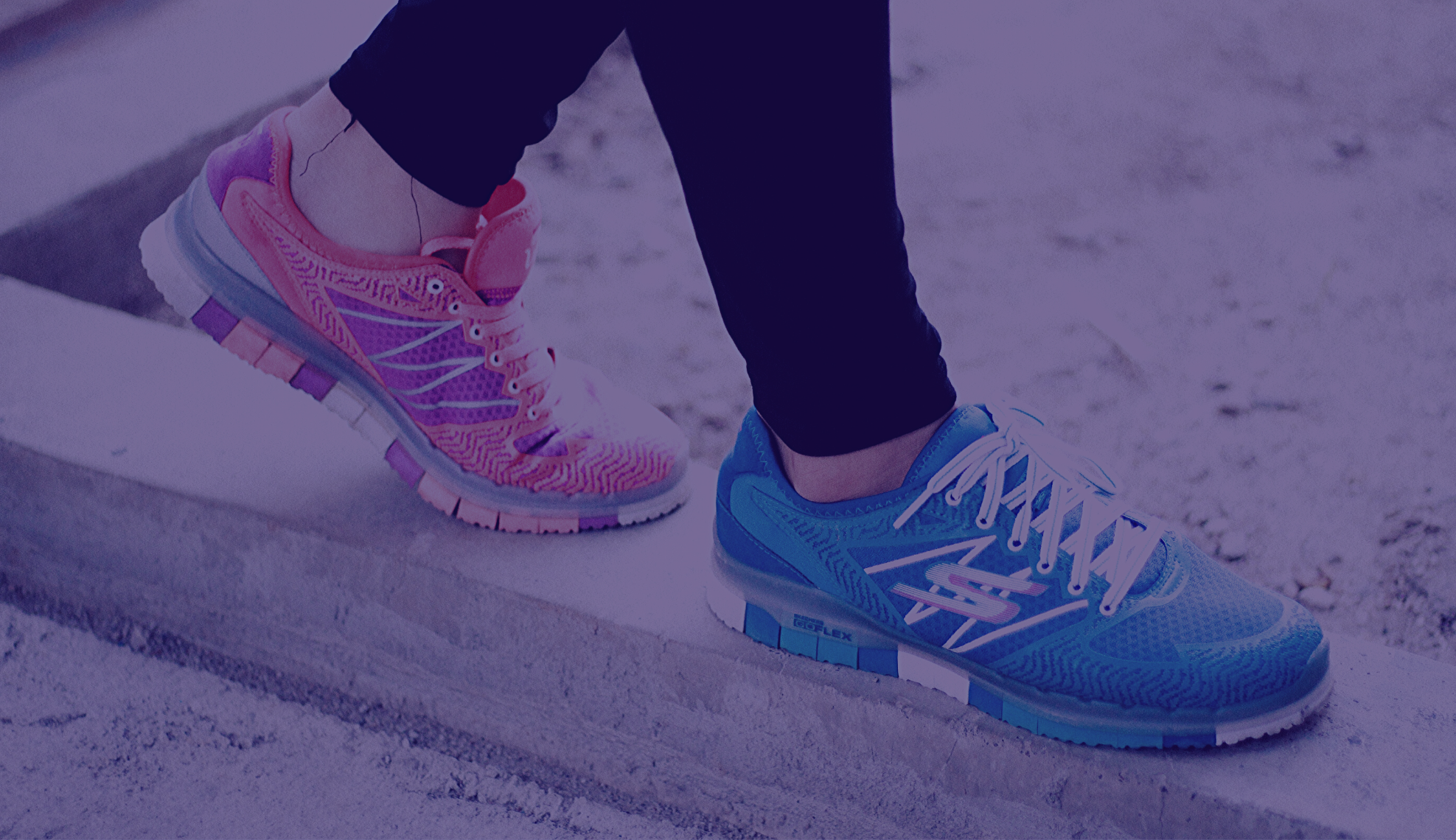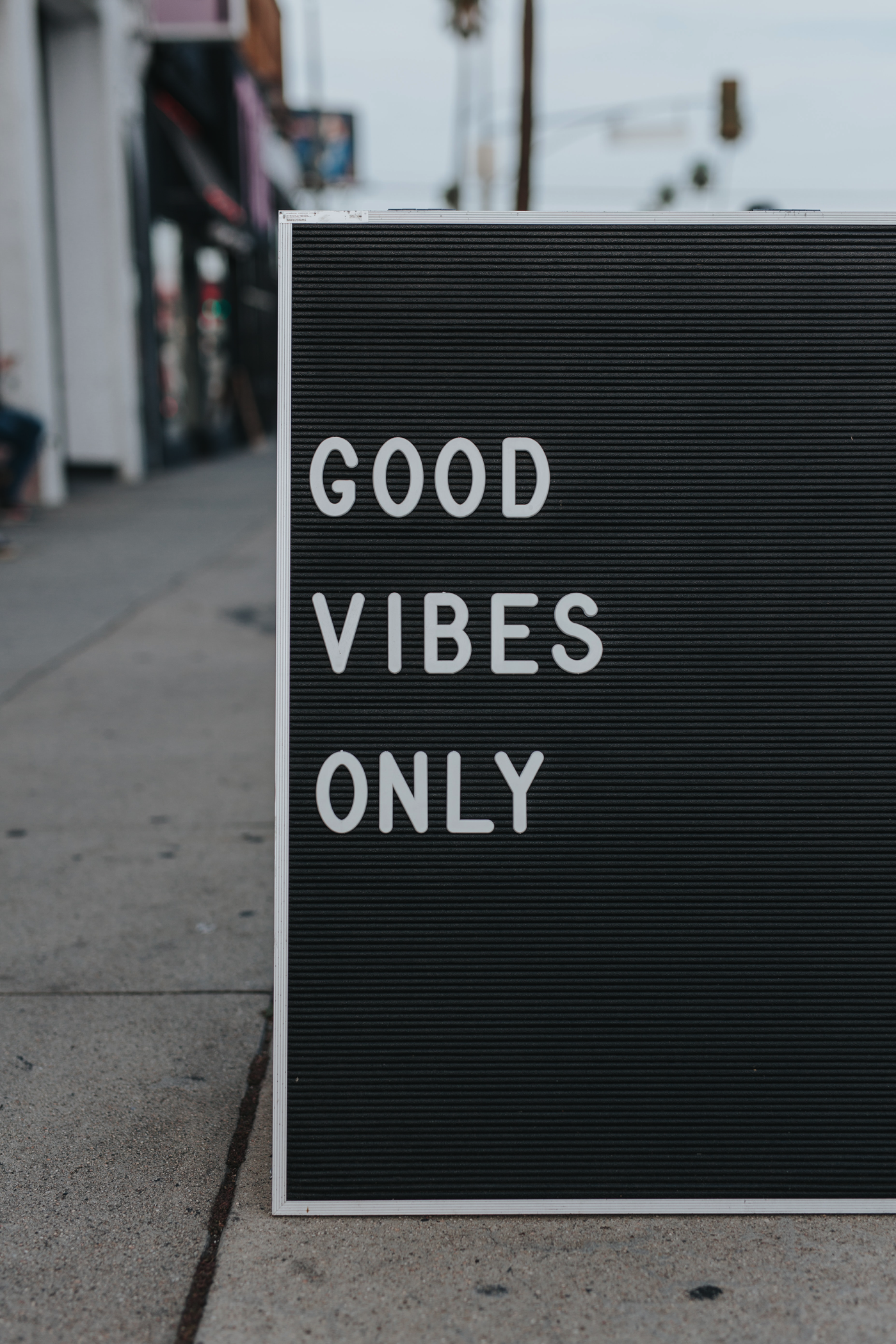How do we know when we have ‘got away from our desk’ enough?
Usually, at the end of any given day, when we’re tired and drained, we think back on what we’ve done, and if it was one where we spent a lot of time working hard, we attribute the feeling of hollowness and suffering to that; and if it was one where we spent too long procrastinating, then we attribute it to that instead.
How often, though, do we have a good day? What makes it good, and would it be an oversimplification to say it is only made by having the perfect amount of time at our desks?
In order to investigate how to spend time away from work, let us first investigate what makes a good working day so we can effectively use the time away from our desks to bring the day into balance instead of mindlessly scrolling through our phones.
It’s important to note that my best day will not be the same as your best day, so keep in mind there is no magic formula. Having said that, there are some fundamental principles based on the biology, sociology and neurology of humans that we can explore and seek to bring into balance.
Elements of balance
There are six elements that we can consider over any length of time and the balance of each can be considered from the point of view of our active state (generally at work) and our restful state (generally away from work and chores).
Remember, we’re aiming for a good day, a good week, a good year, which is time spent harmoniously. Not every day can be the best day ever, that’s just the way things are, so let’s investigate these principles and consider our target to be harmony and balance whilst keeping in the back of our mind, that balance will necessarily include better and worse days over a long enough period of time.
Firstly, our active and restful states:
Active State
When we are engaged towards an external objective e.g. any given piece of work. This is anything where what we are doing has the intention of being manifest in the service of another, be it a person or a business.
Restful State
This is engagement towards self care; maintenance and growth of the body and mind. Examples of this are exercise, sleep, social interactions, meditation. Work and chores can also prove restful, for example, often people find it therapeutic and calming to clean areas of the house and find a tidy space good for their mind and wellbeing.
Some activities and actions have obvious active and restful components and some blur the line a little more than others. The important thing is to recognise that a balance is required.
Too much active state and we’ll burn out, too much restful state and we’ll feel a lack of meaning or agency.
Tip: If you find your days often feel far too active and not restful enough, try to bring more mindfulness to some of your tasks. Focusing on the physical sensation of breathing, maybe counting the breaths up to 10 then repeating this cycle, can reconnect us with our bodies, calm our minds and remind us that in many ways, taking care of others and our homes are ways of taking care of ourselves. Often it is the resentment of a task, not the task itself, that causes the most suffering.
Each of these states can be said to contain six elements which we should also seek to bring into balance in order to feel stable and content. With each is a question you can use to help guide reflection on each for their active and restful states. These are:
Creativity
Often we consider creativity only in terms of arts and crafts but it is something we do every day and is vital to a sense of wellbeing. Creation is bringing anything into being. This could be a painting but it also includes our speech, writing and work. Anything which is not present until we make it is creation.
A balanced life recognises and feels our power of creation and so, to bring this into balance we should focus on making things that feel truly as though they come from us. Striving towards authentic and honest speech is a good place to start and focusing on the quality and skill of our work with great resolve brings this into being also.
Creation in a restful state can include talking openly and honestly to close friends and family about how we feel and externalising how we are with diaries or though hobbies such as painting or even sport. The important thing is not what we do, but how it makes us feel, and the key feeling is authentic self expression: whenever we honestly feel ourselves.
Active:
‘Did I make the most of my time at work?’
Restful:
‘Did I make the most of my time away from work?’
We are the ones who use our time and make our days. Reflect on creativity in terms of the day you built with the time you had.
Interaction
Humans are naturally social animals, although the amount of social interaction each of us requires to feel our best varies. We also interact with nature and with objects. A balanced level of interaction is one in which we cultivate self knowledge about our bodies and minds. Interaction with work colleagues can help us socially as well as to improve our knowledge and understanding of our quality of work. Interaction with friends and family can help us understand our preferences and emotions. Interaction with nature can help us understand our place in the world. Interacting with objects can help us understand the limits of our bodies and strength. Depending on your lifestyle and work, and the intent you bring to different interactions, depends on which interactions are active and which are restful.
Active:
‘How much did my interactions give to others today?’
Restful:
‘How much did my interactions give to me today?’.
These may be out of balance if you spend too long helping others to look after yourself, or too long self indulging to be as much help to others as you could have been.
Discovery/Learning
Every day is a new day and we intuitively know this and long to feel it. A balanced life appreciates the new, although some have a greater affinity for novelty than others. Improving awareness of what we learn in a day as well as areas we enjoy exploring can help bring this into balance.
Strive to improve in at least one thing each day and take a note of any key points you learn. When you’re walking outside, listen for the birds and be aware of the weather, seasons and the trees. Be curious about yourself and your friends and family, there’s always something new to find there. Feeling as though we are discovering life as we live it is vital in feeling alive rather than feeling as though each day is dull and repetitive. Life is teeming with life but we have to be the curious ones in order to see it.
Active:
‘What did I learn today for someone/something else?’
Restful:
‘What did I learn today for or about myself?’
These could be out of balance if you learnt a lot, but to the detriment of your work or social life, or if you felt a lack of curiosity and learning in your day.

Meaning
Some days pass us by with little sense of purpose. Balance of the above elements tends to bring about a greater sense of meaning, but awareness of meaning specifically helps us maintain focus towards this key element of time well spent.
Remember that meaning cannot be given to us but is something we give to that which we do. Balance the above elements and calibrate your days towards that which you want to give meaning, both actively in the external world and internally within the areas of yourself that you want to grow.
Active:
‘How proud am I of my actions today?’
Restful:
‘How authentic did I feel today?’
Reflection on meaning will often result in a sense of lack of meaning, but it is worthwhile taking the time to make sure we are not overestimating our efforts and sense of meaning also, as this only inflates the ego without serving others or ourselves.
Movement
Physically moving is something life does. Keeping track of how we move in our work and leisure time can shed light on why we might feel stuffy. Ensuring we get enough exercise is very important to this and remembering to get up from our desk chairs and stretch our legs can help remind us we’re alive.
Active:
‘How static was I at work today?’
Restful:
‘How static was I outside of work today?’
We tend to know deep down when we’ve done too little movement or if we’ve overdone it.
Reflection
Without reflecting on time we’ve spent as well as how we feel in the present, we stand little chance of heading in a productive direction. Use these elements to reflect on your days and weeks including reflecting upon how much reflection you do.
Keeping a diary or talking openly to others can help with this a lot and meditation is a great way to come to terms with how we are. There is also a calibration sheet below where you can score your days and weeks on the elements expressed here and use this reflection to strive towards better balance in the areas you may feel are lacking.
Active:
‘Did I over or under react to things at work today?’
Restful:
‘Did I over or under react to things in my time away from work?’
Be honest with yourself and remember that conversation isn’t a competition to be won or lost, but is an exchange of ideas.
Below you can find a link to some tables to help you reflect upon the balance of your days and weeks:
Each component is scored between 0-20 with 10 representing perfect balance, numbers below being a relative deficiency and numbers above being a relative over abundance. For example, a score of 4 for creativity may reflect having felt like the day was used fairly well but feeling room to still give more to it while a score of 18 may represent feeling overwhelmed and burnt out with the amount you’ve tried to do in a day. At the end of the week, give the whole week a score just as you would for a single day.
Try not to look too closely at your daily scores for this, but just judge it by how the week feels at the time. Afterwards, you can average your daily scores to see how close they are to your weekly score. Be honest with all these assessments and these final two scores will guide you towards improved skill of self reflection and a greater daily calmness as you begin to see the bigger picture more clearly.
If you want a simplified version of this, rather than filling out two tables, then you could amalgamate your active and restful feelings into one table, but this may make it more difficult to balance your activity vs rest states as the reflection will be less accurate.
Finally, remember these are your scores, no one else’s, so trust your instincts and don’t think too hard about each score, just focus on whether each element felt like it was the right amount, given the context of the day, for you.
For more advice and activities visit nowplay.uk



